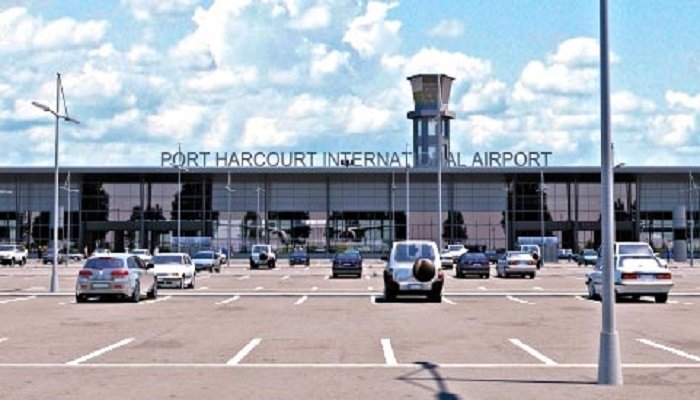Port Harcourt and other major airports across the country will in the “next few days” open for flights after weeks of inactivity caused by the COVID-19 pandemic lockdown.
The decision to resume flights at the nation’s airports, according to the Nigeria Civil Aviation Authority (NCAA), is to avoid chocking the “system.”
NCAA Director-General, Captain Musa Nuhu stated this at a virtual event organised by the Aviation Safety Round Table Initiative (ART) titled COVID-19: The Challenges and Opportunity for Nigeria’s Aviation Value Chain, During and Post.
Nuhu said the NCAA worked with representatives of airlines and ground handling companies before forwarding a proposal to the Minister of Aviation for approval.
The NCAA boss said: “We may resume domestic operations with four or five airports and we hope to expand as we get better. We don’t want to rush everything at the same time and get it choked up….
“Every money is important and we cannot achieve the two-meter physical distance. We are hopeful in the next few days we can resolve those issues and allow the airlines to commence operations.
“We have made our suggestion and recommendations and we are awaiting feedback from the Ministry of Aviation.”
Nuhu said air transport must be safe and not become part of the ways of spreading Coronavirus. He stated that physical distancing was an issue as discussions were still on leaving the middle seats in an aircraft vacant.
Chairman, Air Peace, Mr Allen Onyema, urged the government to provide intervention for local carriers.
He said such intervention should be specific in order to enable the airlines to retain their workers, The Nation reports.
Onyema, however, disagreed with plans to leave the middle seats of aircraft free as that could further affect the revenue of the airlines.
He said: “The world is on break and nothing is happening. The authorities have reeled out things and these things come with a huge cost. How will airlines manage them and still be able to pay about 37 charges?
“I do not want free money that I cannot account for. This is not an opportunity to ask for money to buy new planes. In fact, intervention should be for the workforce. I have over 3, 000 staff members at Air Peace. These people’s livelihood are endangered and we must do everything possible to keep their jobs.
“We should be asking the government for specific things that would help retain jobs. Job retention should be first and foremost.”




